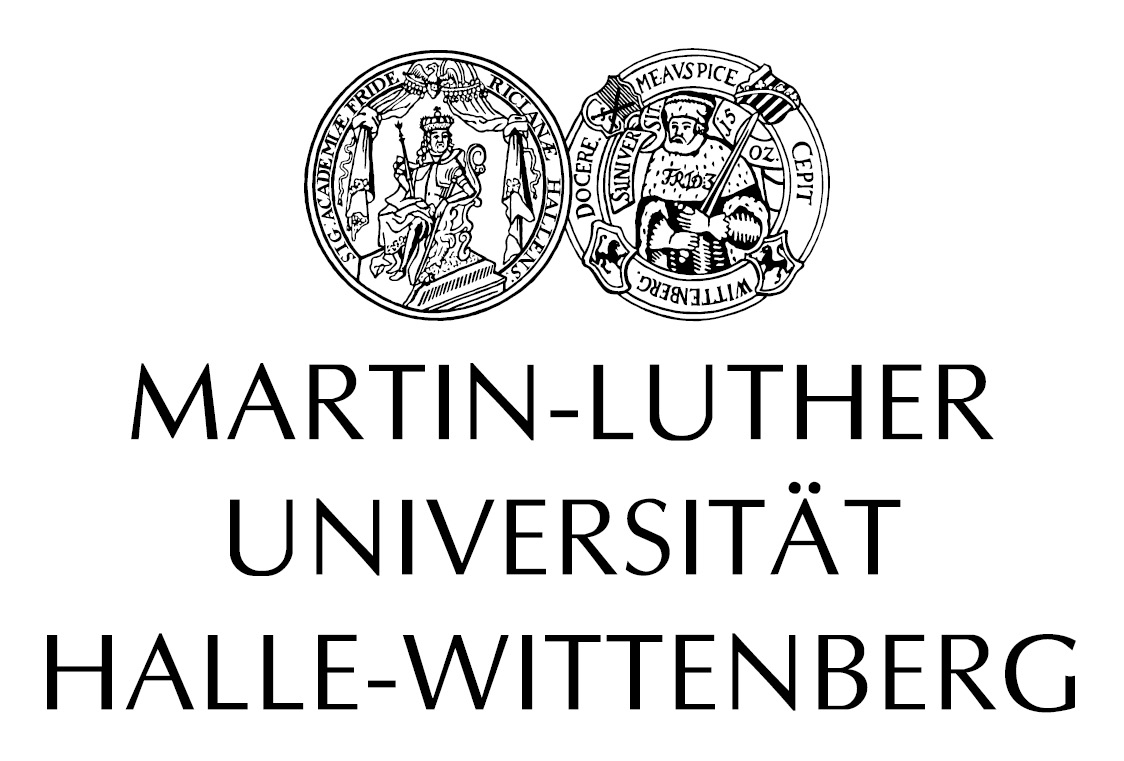Available in the following languages:
Moses Mendelssohn and Post-Kantian Philosophy
Many historians of philosophy still argue that Mendelssohn is irrelevant for post-Kantian philosophy. But is this really true? Is Mendelssohn without significance for post-Kantian philosophy? A look at the reception of Mendelssohn’s work shows that this is not the case.
In the second half of the 18th century, the Enlightenment in Germany was decisively influenced by two philosophers who held each other in high esteem and, at the same time, were critical of each other in their works: Moses Mendelssohn and Immanuel Kant. For Kant, Mendelssohn was among the geniuses who were in the position to “make a new epoch” in metaphysics (letter from Kant to Mendelssohn, April 8, 1766) [all English translations by S.L.]. For Mendelssohn, Kant was “crushing everything [alles zermalmend]”, and he hoped that Kant would “rebuild” speculative philosophy “with the same spirit […] with which he has torn down.” (Mendelssohn, “Morgenstunden,” 91, 93) Yet, until about the early 1780s, Mendelssohn was far more successful in philosophy than Kant. With his “Abhandlung über die Evidenz in Metaphysischen Wissenschaften” (1764), Mendelssohn won the prize of the Berlin Academy of Sciences, which was set for the year 1763 – ahead of Kant who was awarded second prize with his “Untersuchung über die Deutlichkeit der Grundsätze der natürlichen Theologie und der Moral”. Mendelssohn celebrated another success with his “Phädon, or On the Immortality of the Soul”, which first appeared in 1767 and was translated into several languages. Although Kant also published significant investigations such as “Der einzig mögliche Beweisgrund zu einer Demonstration des Daseins Gottes” (1763), according to Kant biographer Manfred Kühn, it was Mendelssohn, not Kant, who was probably the dominant force that shaped philosophy in the German-speaking world between 1755 and 1785 (Kühn, “Kant. A Biography,” 230).


After the publication of Kant’s “Critique of Pure Reason” (1781), however, the situation was to change fundamentally. A new epoch of philosophy had begun. This did not remain unnoticed by Mendelssohn. For him, Kant’s criticism of the proofs of God’s existence was of particular importance. Mendelssohn responded to Kant in the “Morgenstunden oder Vorlesungen über das Dasein Gottes” (1785), in which he developed, among other things, new proofs of the existence of God. Kant and his students, especially the philosophers in Halle Christian Gottfried Schütz and Ludwig Heinrich von Jakob, were alarmed. They saw the increasing success of Kant’s critical philosophy threatened by the famous ‘Jewish philosopher from Berlin’ (Lewald, “Ein Menschenleben I” , 99; Altmann, “Die trostvolle Aufklärung,” 136). Within a very short time, several publications appeared in which Kant and his comrades-in-arms attacked Mendelssohn’s “Morgenstunden” from many sides. Mendelssohn was no longer able to counter this. He died in Berlin on January 4, 1786. Kant and his students thus had an easy game and resounding success. Not only Mendelssohn’s proofs of God’s existence in his “Morgenstunden,” but even his debate with Kant and his students were quickly largely forgotten. One concern of research in the history of philosophy should therefore be to counteract this disregard.

By reconstructing the debate between Mendelssohn and Kant, Jakob, and Schütz on the existence of God, the significance of this dispute for the Enlightenment in Germany in the mid-1780s can be demonstrated. My investigation of the reception of Mendelssohn’s philosophy also revealed circumstantial evidence of Mendelssohn’s influence on Johann Gottlieb Fichte: One of Mendelssohn’s core ideas proposes that, in addition to the cognitive faculty and the voluntative faculty, there is a third faculty, namely the faculty of approval (Billigungsvermögen). It is the faculty of possessing, among other things, the feelings of approval (Beifall) and disapproval (Misfallen), and it connects the epistemological faculty and the practical faculty. This also means that insights are compared with the help of the faculty of approval, whereby the insight that is applauded to the greatest extent stimulates the practical faculty to action (Mendelssohn, “Morgenstunden,” 149-152). Fichte (presumably) takes up Mendelssohn’s doctrine of the faculty of approval and the feelings of applause and displeasure in §11 of his “Grundlage der gesamten Wissenschaftslehre (1794/95)”. His primary aim here, as part of the deductive development of his philosophical system, is to establish the constitutive connection between epistemic and practical activities of the subject and the feelings of approval and disapproval, and to show how these feelings arise in and exist for the subject. Even though Kant’s long shadow has caused Mendelssohn to be all but forgotten, Mendelssohn influenced philosophy after Kant to a considerable degree. It is time to rediscover these influences and to counteract the implausible prejudice that Mendelssohn, the “ornament of German philosophy” (Dorsch, “Magazin der Philosophischen und schönen Litteratur,” 352), is irrelevant for post-Kantian philosophy.
Stefan Lang
The Research on the reception of Mendelssohn’s work was the focus of a research stay of the author at the IZEA, which was made possible by a Fellowship for Enlightenment Studies funded by the Hamburg Foundation for the Advancement of Science and Culture. This blog post was written as part of the author’s project funded by the FWF (Austrian Science Fund) (project number: M 3018-G) entitled “Deduction in Early Idealism.” The outlined theses on Mendelssohn’s influence on Fichte will be explained and justified in more detail in the future as this project is carried out. I would like to thank Jürgen Stolzenberg for his far reaching criticism.
Literature:
Alexander Altmann: Die trostvolle Aufklärung: Studien zur Metaphysik und politischen Theorie Moses Mendelssohns. Stuttgart-Bad Cannstatt 1982.
Anton Dorsch: Magazin der Philosophischen und schönen Litteratur, ca. Februar/März 1786 (340-352). In: Albert Landau (Hg.): Rezensionen zur Kantischen Philosophie. 1781–87. Albert Landau Verlag Bebra 1991, 290–294, hier: 294.
Immanuel Kant: Briefwechsel. Brief 39. An Moses Mendelssohn. 8. April 1766, in: Kants Werke 10, hg. v. d. Preuß. Akad. d. Wiss., Berlin u. New York. Nachdruck 1969.
Manfred Kühn: Kant. A Biography. Cambridge 2001.
August Lewald: Ein Menschenleben I. Leipzig 1844.
Moses Mendelssohn: Morgenstunden oder Vorlesungen über das Dasein Gottes (1785). In: Moses Mendelssohn. Metaphysische Schriften. Hamburg 2008.
Image Credits:
Moses Mendelssohn: Bayerische Staatsbibliothek München, Ph.sp. 574-1, Scan 7 (=Title page), urn:nbn:de:bvb:12-bsb10043935-9.
Ludwig Heinrich von Jakob: Bayerische Staatsbibliothek München, Ph.sp. 404, Scan 2 (=Title page), urn:nbn:de:bvb:12-bsb10043546-2.
Johann Gottlieb Fichte: The illustration of the first edition of J.G. Fichte’s “Grundlage der gesamten Wissenschaftslehre” comes from the volume published by Felix Meiner Verlag: Johann Gottlieb Fichte. Grundlage der gesamten Wissenschaftslehre (1794), Hamburg 1997, page 3.


